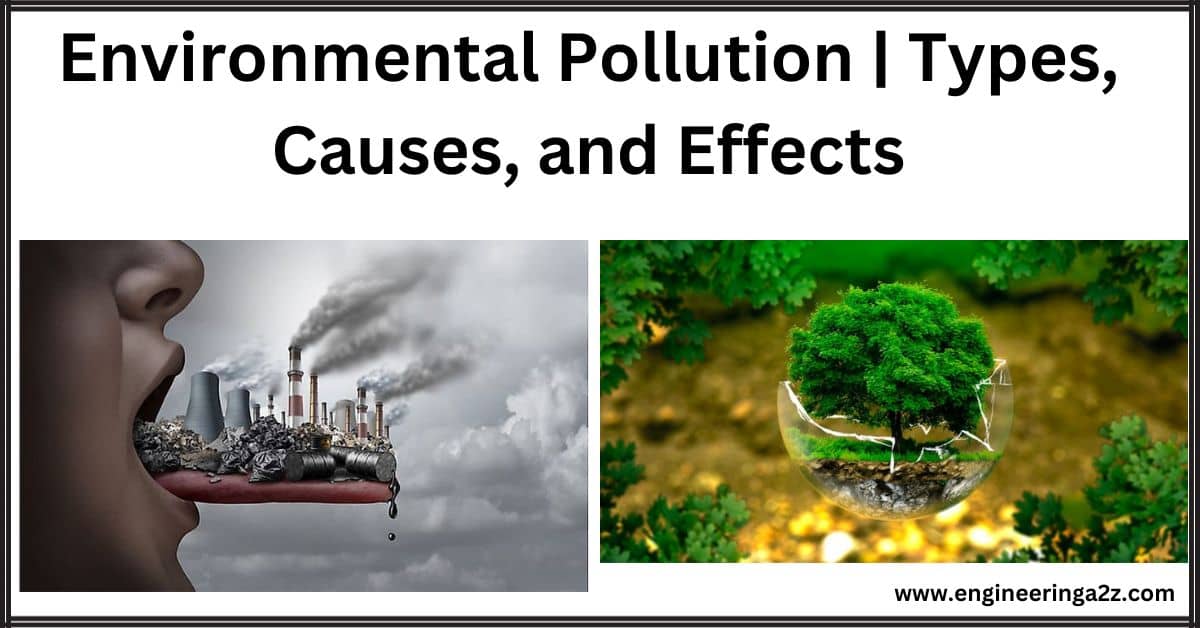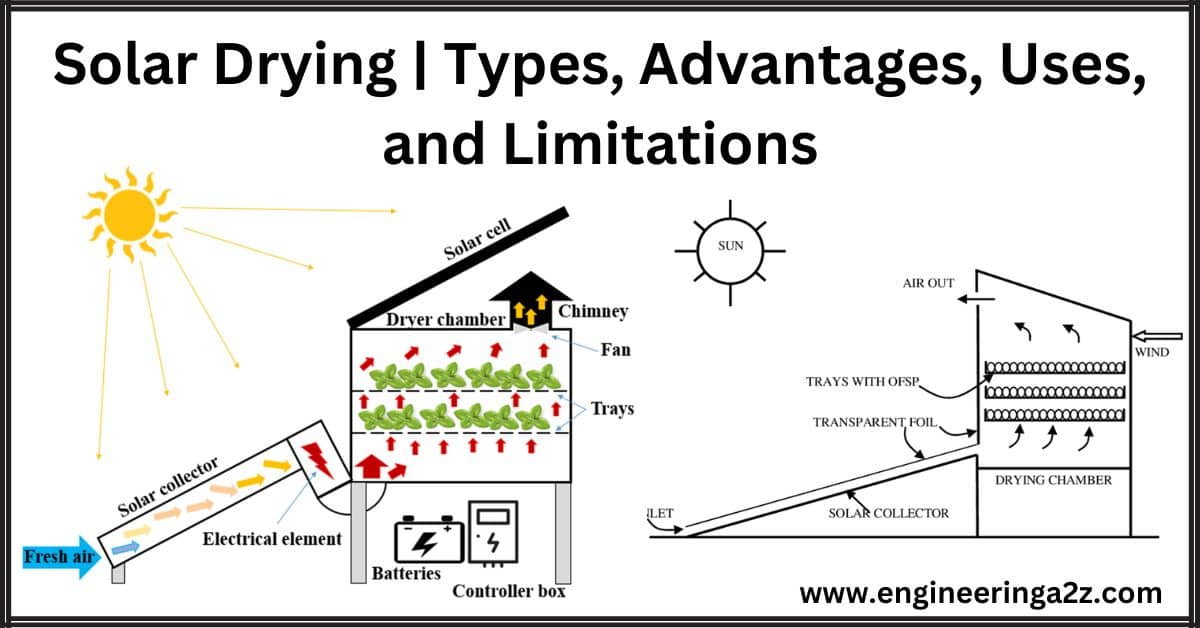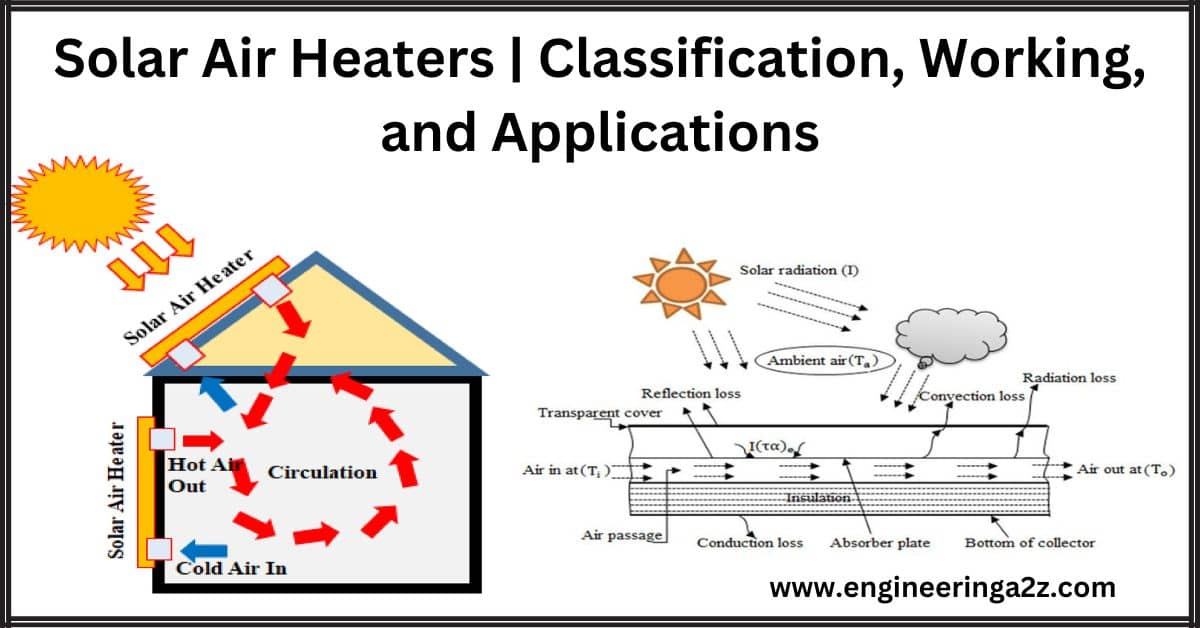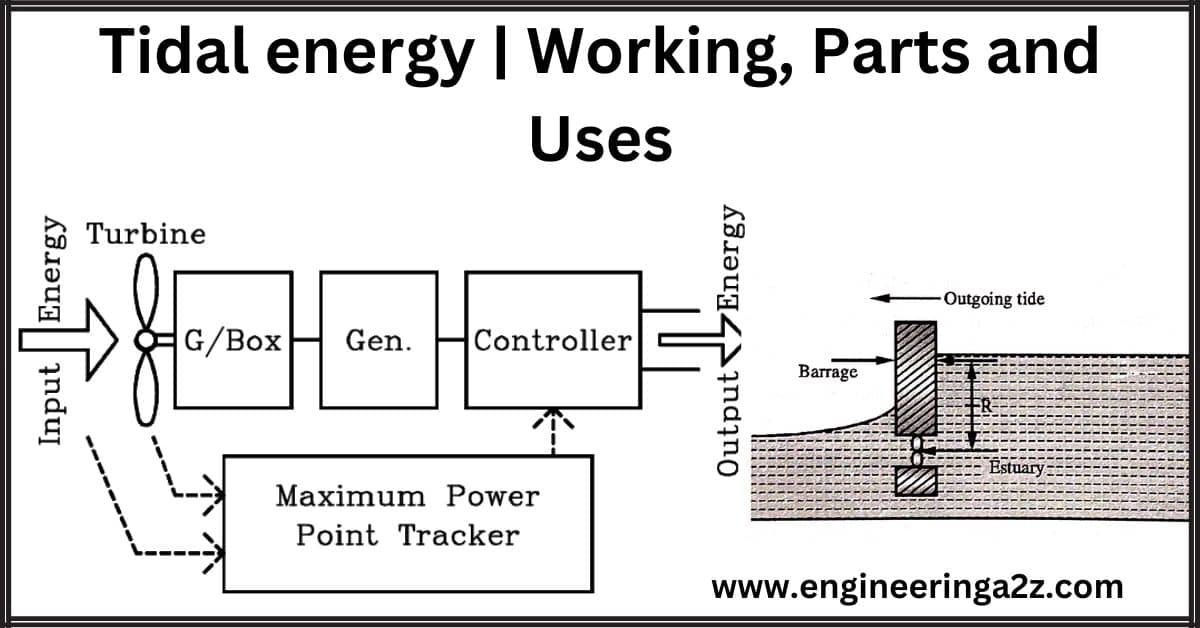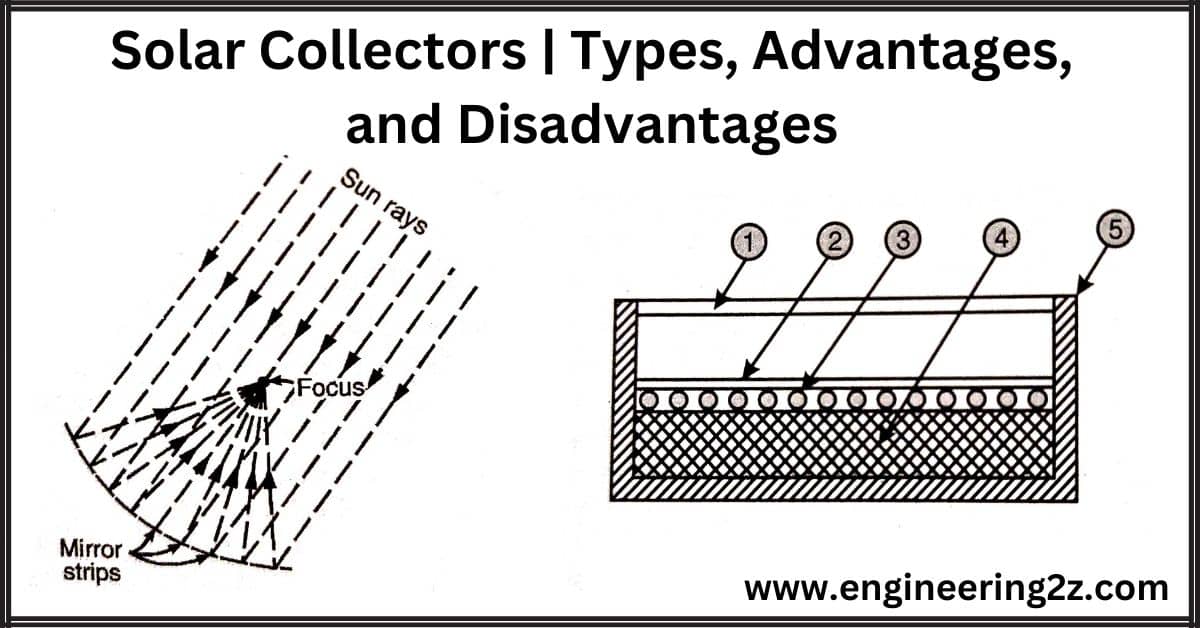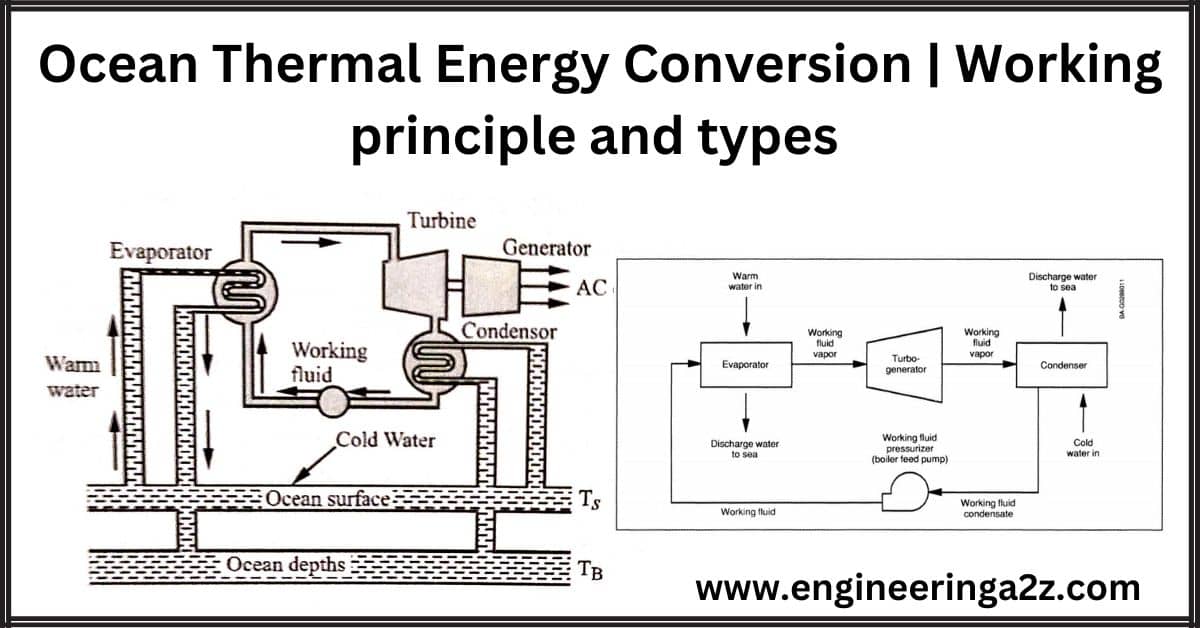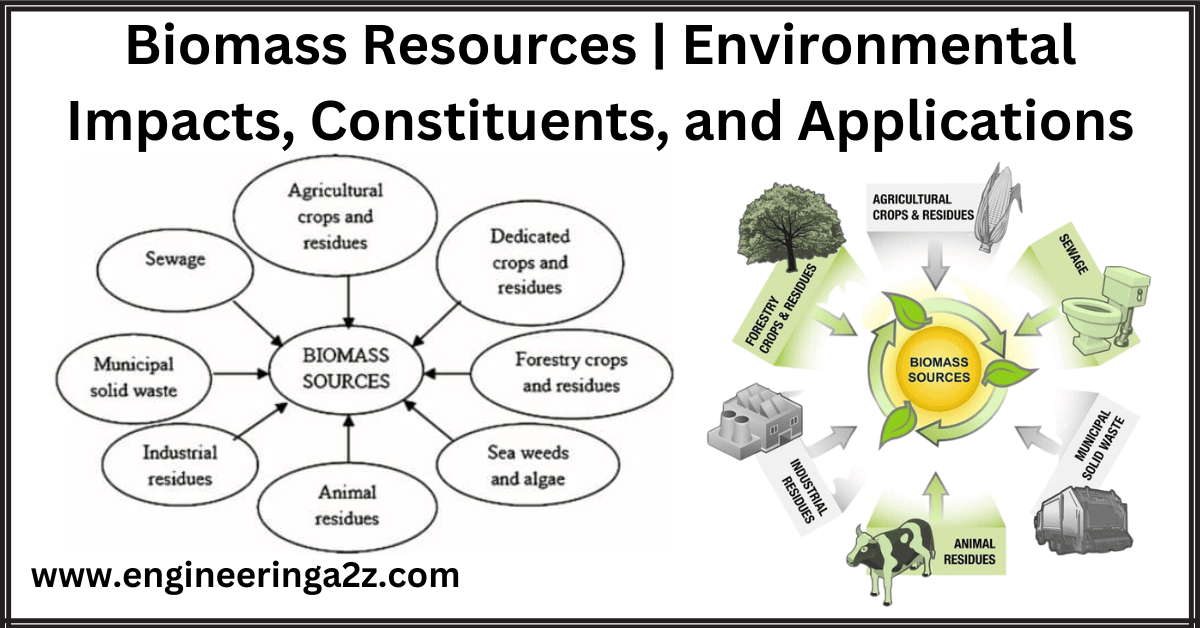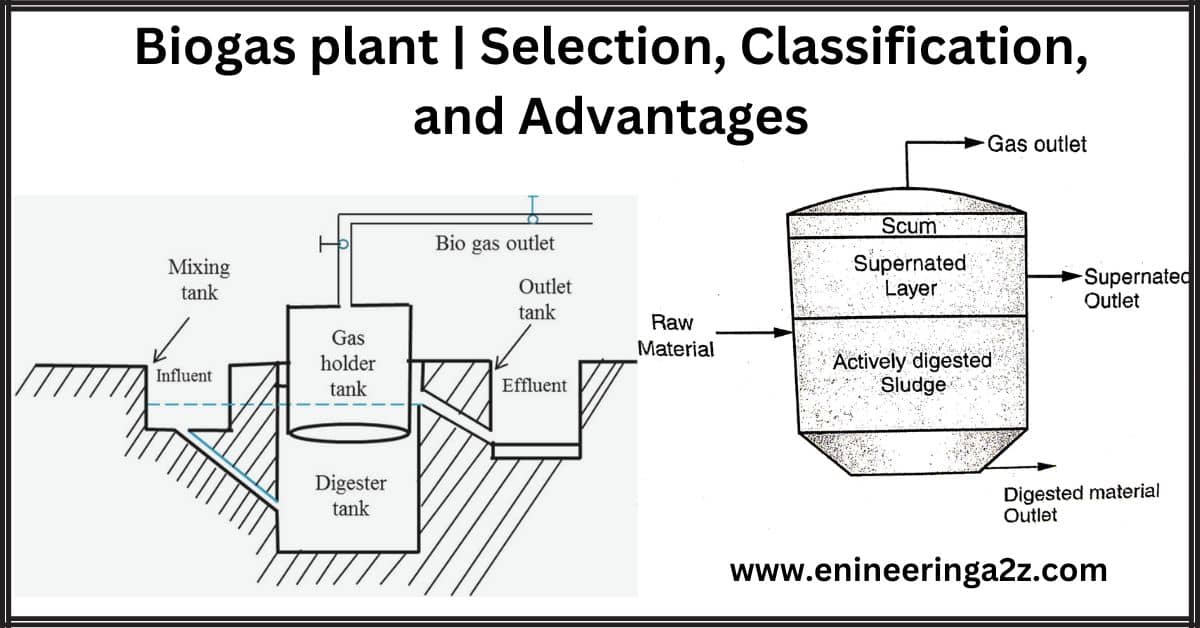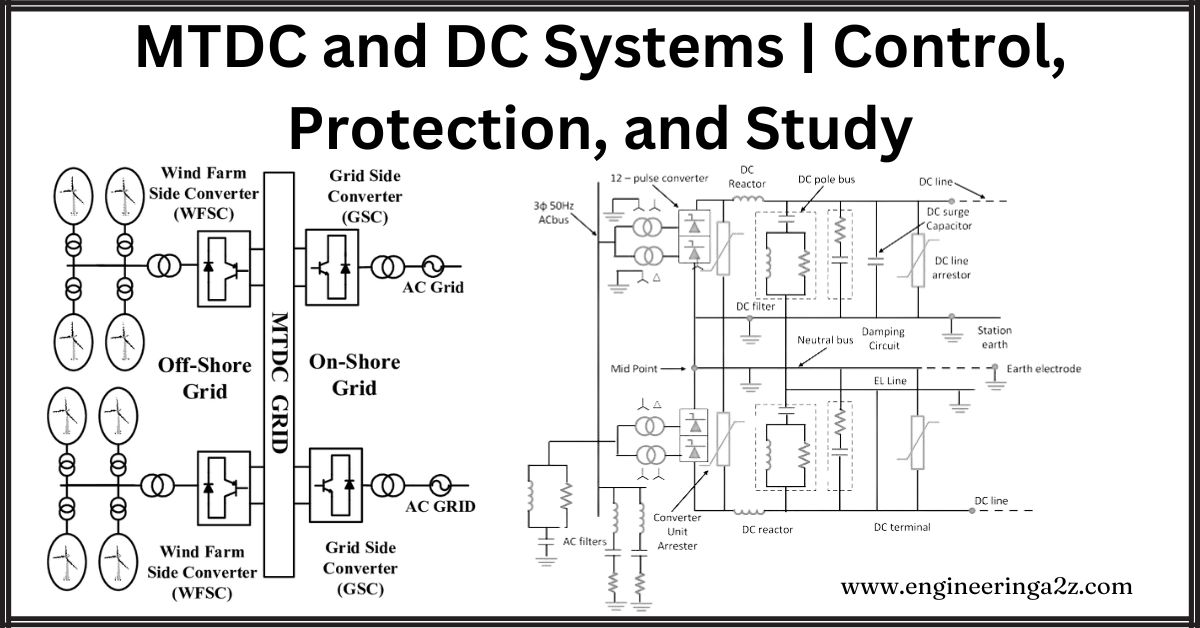Thermochemical Energy Storage | Principle, Types, and Requirements
Introduction Thermochemical energy storage is highly efficient for saving energy and reducing greenhouse gas emissions. Compared to other types of energy storage, like sensible heat (storing heat by changing temperature)…
Environmental Pollution | Types, Causes, and Effects
When things around us change in a bad way and start harming plants and animals, that's called environmental pollution. A pollutant is something that causes this pollution, and it can…
Solar Air Heaters | Classification, Working, and Applications
Solar Air Heaters A solar air heater is a special solar system that uses sunlight to heat up the air. It has panels that collect the sunlight and make the…
Tidal Energy | Working, Parts, and Applications
Tidal Energy Tidal energy is a type of renewable energy that harnesses the power of ocean tides to generate electricity. It requires specific conditions, such as a tidal range (the…
Solar Collectors | Types, Advantages, and Disadvantages
Solar Collector Solar energy collectors are crucial for converting solar radiation into usable forms like heat or electricity. There are two main types of collectors: non-concentration and concentrating collectors. In…
Ocean Thermal Energy Conversion | Working Principle and Types
Ocean Thermal Energy Conversion Ocean Thermal Energy Conversion (OTEC) is a renewable energy technology that utilizes the temperature difference between warm surface waters and cold deep waters in tropical oceans.…
Biomass Resources | Environmental Impacts, Constituents, and Applications
Biomass Resources Biomass in biological terms refers to organic plant matter that can be turned into fuel for energy. It is renewable and sustainable. For instance, it can be used…
Solar Furnace | Working Principle, Construction, and Applications
Solar Furnace A solar furnace is an instrument to get high temperatures by concentrating solar radiation onto a specimen. Solar furnaces are used for scientific investigations. Read Also Solar Cookers…
Biogas Plant | Selection, Classification, and Advantages
Biogas Plant A biogas plant is a facility that converts organic waste into biogas through anaerobic digestion. It consists of an enclosed digester where microorganisms break down organic materials like…

